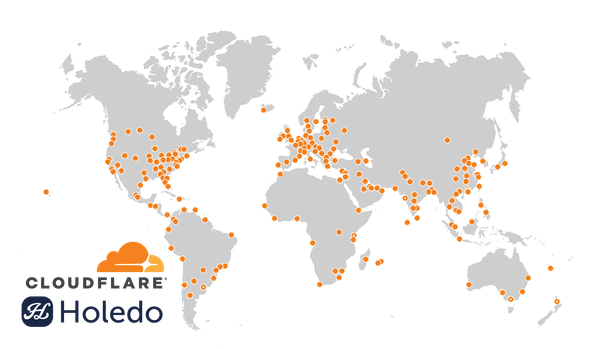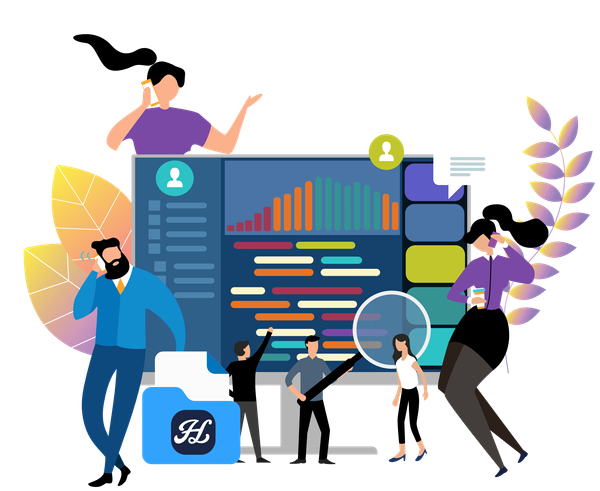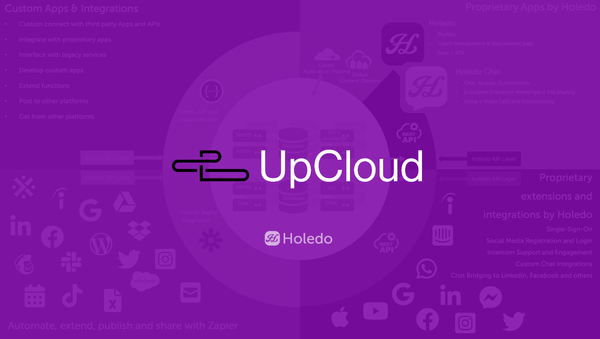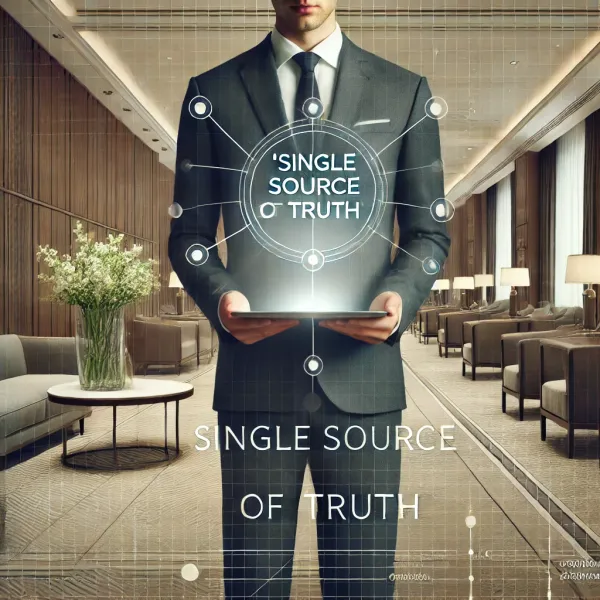Ethical Application of AI in the Workplace
AI has the potential to revolutionise the workplace, but ethical integration is crucial to ensure it enhances human capabilities rather than replacing jobs, fostering a future where technological progress benefits everyone.
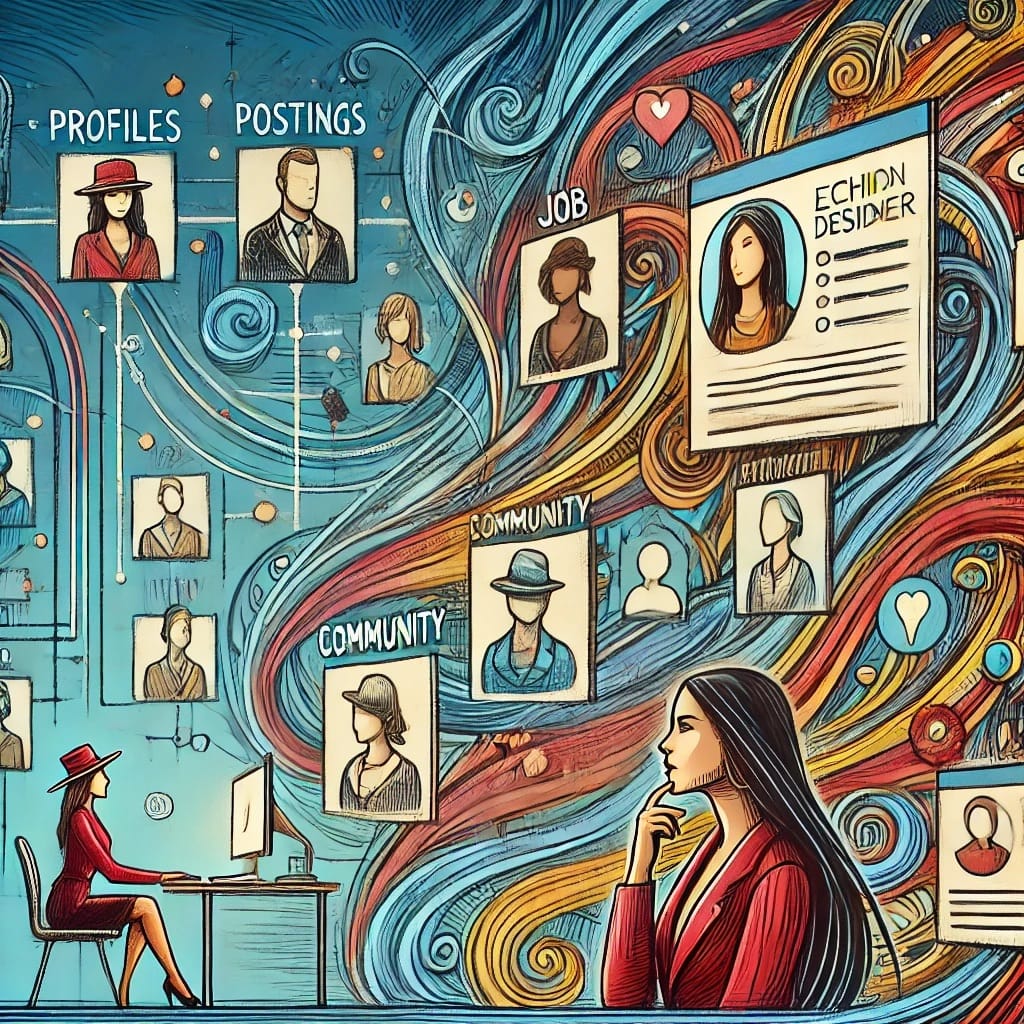
Having witnessed the transformation from typewriters and fax to the digital age, I now contemplate the next significant leap: artificial intelligence (AI). AI will revolutionize our work environment and disrupt it. The key question is: How do we ethically integrate AI into our society?
AI can replace many white-collar jobs—architects, accountants, lawyers, bankers, consultants, et al. This prospect, while efficient, is alarming. Busiensses might see immediate financial benefits, but what happens when the economic model, based on consumption and demand, is disrupted because those workers are also consumers who sustain the market?
From my perspective, AI and climate change are the two most profound issues we face today. These matters are so critical that other debates—like worrying about which toilet cubicle someone uses— are insignificant in comparison. If AI and climate change are not addressed, the consequences will be far-reaching and devastating.
The ethical dilemma is profound. AI can enhance the workforce’s quality of life. AI can assist in areas where speed makes a difference without taking the joy out of people’s work. For instance, in the medical realm, AI can revolutionize diagnostics, running them in seconds, and identifying viral similarities that could lead to faster treatments and better outcomes. This use of AI preserves the human element that makes work fulfilling.
Moreover, AI can transform our work-life balance significantly. Imagine moving to a two-day workweek, allowing AI to handle the heavy lifting. This can result in shared benefits, giving employees more time for personal pursuits and family, while maintaining productivity and economic stability.
Reducing the workforce to save money poses significant ethical and social risks. An unemployed population can’t support the economy or sustain businesses. Ethically integrating AI means using it to augment human capabilities, not replace them, ensuring that workers can adapt and thrive alongside AI.
Recently, I’ve seen posts celebrating AI fashion shows and political figures walking the runway. These posts gain traction without consideration of the implications. It’s essential to ask: Why am I liking this? There’s a danger of being overrun by the awe of AI without considering its ethical application.
We stand at a crossroads. The path we choose will define the future of work and society. By prioritizing ethical considerations and collective well-being, AI’s potential can be harnessed to create a balanced and prosperous future. Businesses can thrive economically by adopting practices that ensure progress benefits everyone.
I propose using AI to empower, not replace. This ensures progress that benefits all, not just a few. But with great power comes great responsibility—a principle to uphold in this technological revolution.
What are your thoughts on this? How do you see the ethical integration of hashtag#AI in your field?

